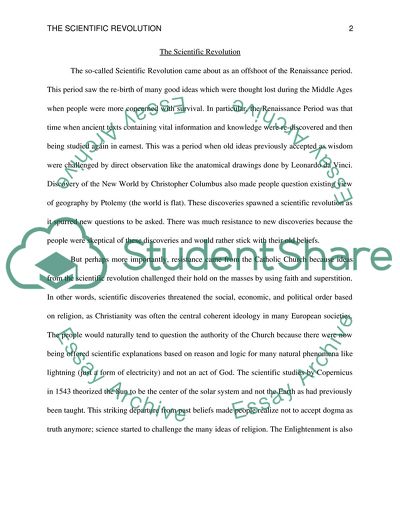History Essay Example | Topics and Well Written Essays - 500 words - 68. Retrieved from https://studentshare.org/history/1628011-history
History Essay Example | Topics and Well Written Essays - 500 Words - 68. https://studentshare.org/history/1628011-history.


